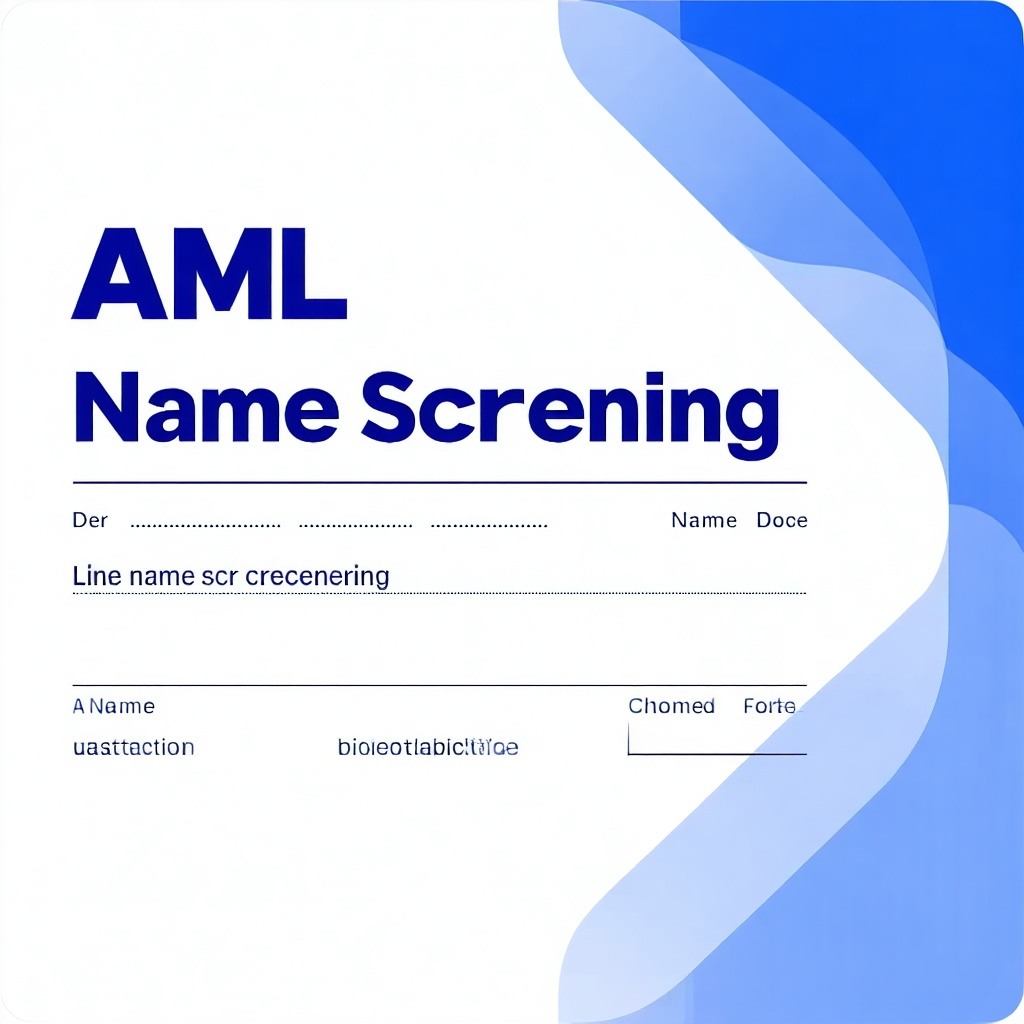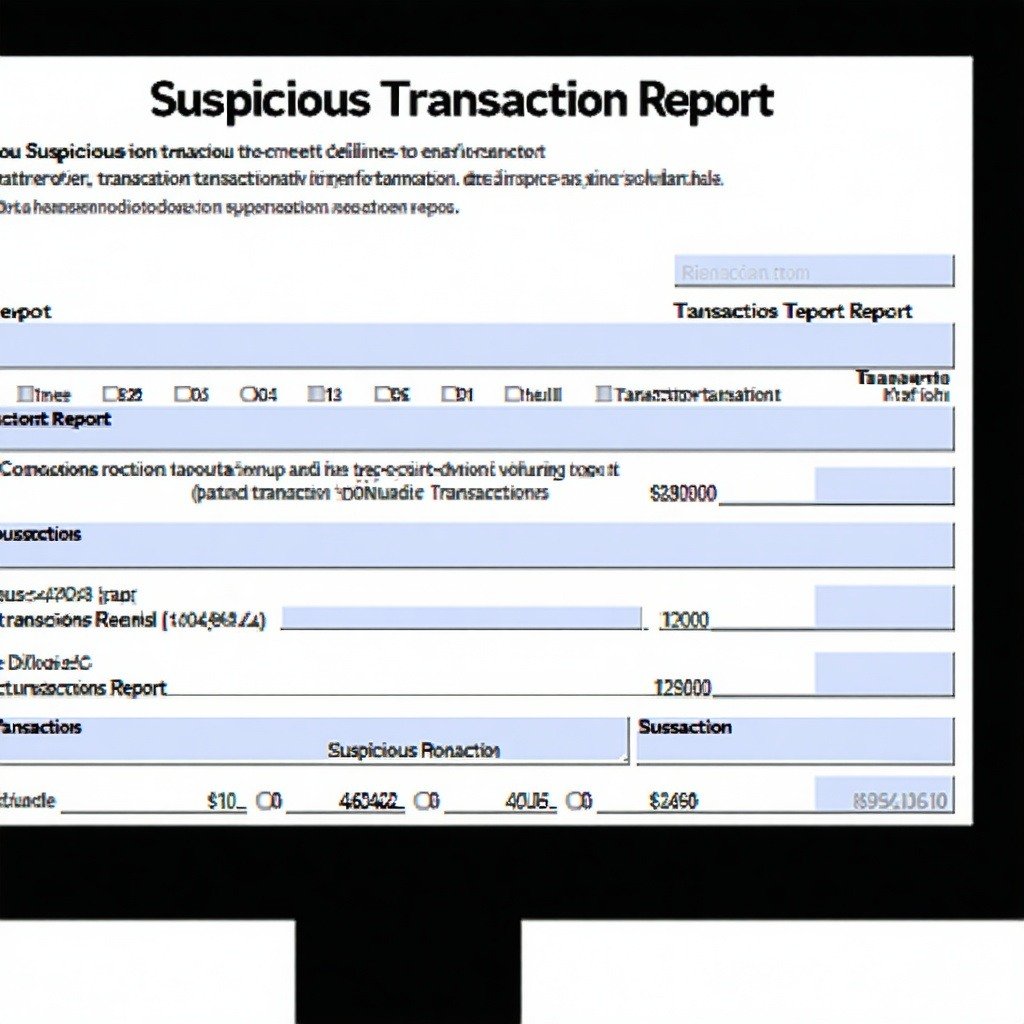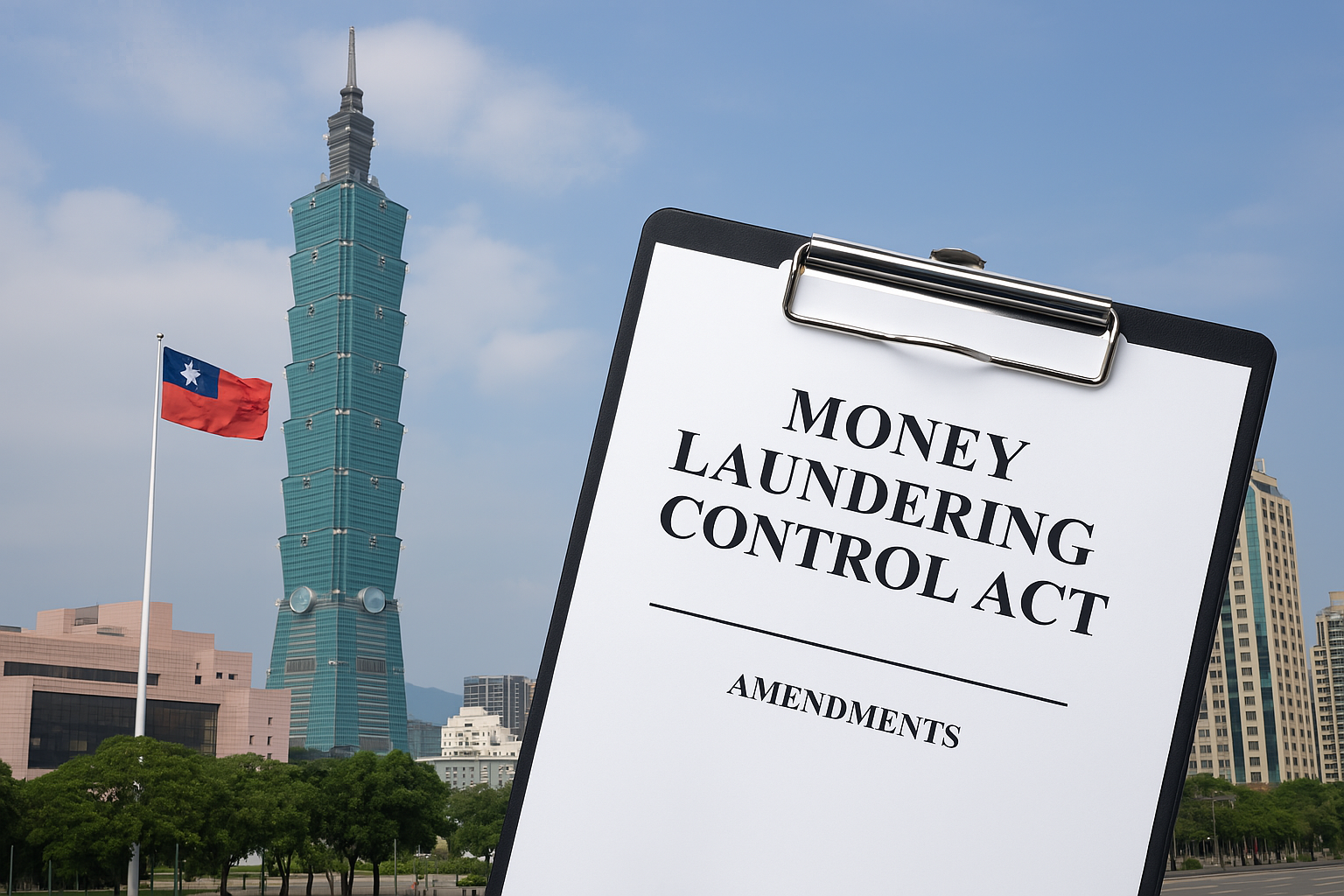From Hub to Target? What Rising Financial Crime Means for Singapore’s Global Reputation
Singapore’s reputation as a trusted financial hub is facing new challenges from rising financial...
A space to share knowledge in the areas of financial crimes, regulatory compliance, and technology.
.webp?width=584&height=384&name=Compliance-Hub%20(1).webp)

Singapore’s reputation as a trusted financial hub is facing new challenges from rising financial...

A successful Tookitaki implementation depends on clear timelines, strong collaboration, and...

Detecting money laundering transactions requires more than rules—it demands context, vigilance, and...

Anti-money laundering tools have become indispensable in the modern banking landscape, ensuring...

Introduction In the past, money laundering compliance was often seen as a checkbox exercise—a set...

Introduction In the evolving landscape of financial crime, money mule networks are becoming an...

Introduction In today’s fast-paced financial ecosystem, compliance operations demand agility,...

Introduction In today’s high-risk regulatory environment, name screening is no longer just a...

AML enforcement in Hong Kong is evolving rapidly to address the growing complexity of financial...

Introduction Financial crime has become more complex—and more global—than ever before. In a world...

Introduction As financial crime continues to evolve, so too must the frameworks designed to combat...

Introduction Saudi Arabia has taken a bold and unmistakable stance against financial crime. In...